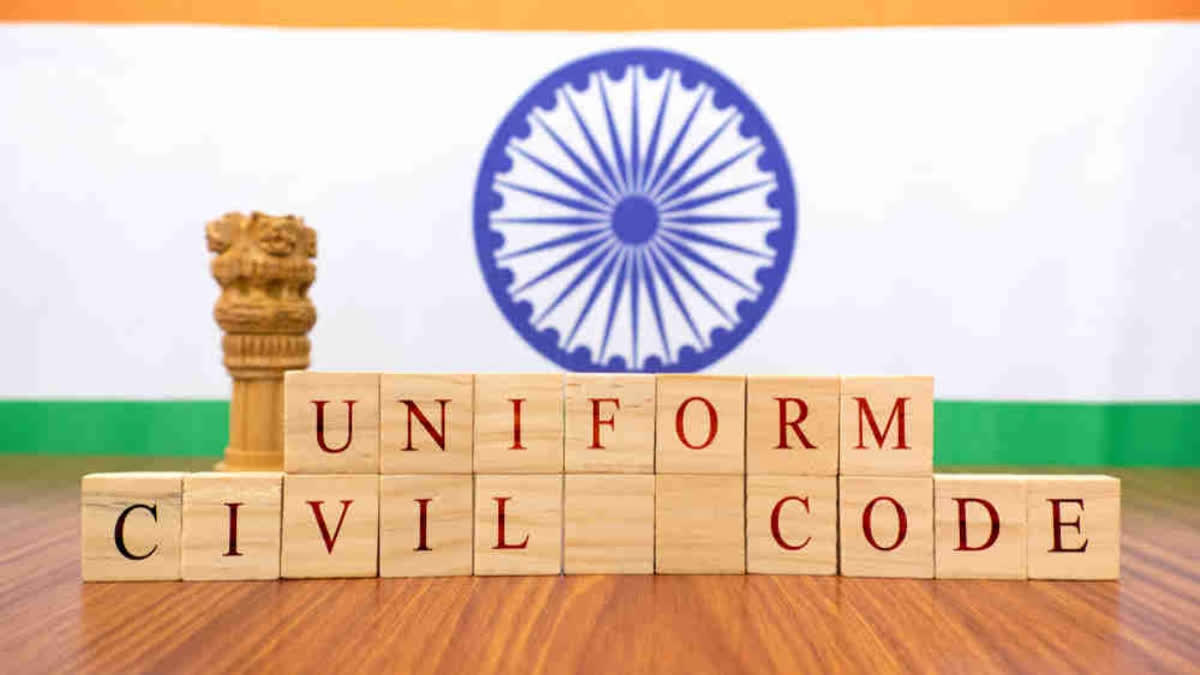New Delhi:Prime Minister Narendra Modi Tuesday made a significant expression of his government’s intent to pursue a Uniform Civil Code (UCC) for all citizens of India in the coming days. His statement comes at a time when the monsoon session of Parliament is going to start next month when the government will have the opportunity to pursue a UCC bill during the session.
What is a uniform civil code?
In India, there is a common criminal law – the Indian Penal Code of 1860 – which governs all citizens of India uniformly without any distinction on the basis of caste, creed, region, age or gender. It means if a crime is committed that is triable in India then the provisions of the criminal justice delivery system be it the provisions of the Indian Penal Code or Criminal Procedure Code or any other criminal code in force for the time being, will be applied to all concerned without any regard to their caste, creed or religion or region.
Also read: 'Country can't function with two laws:' PM Modi's pitch for Uniform Civil Code
However, in the case of civil law, the laws that deal with the personal matters of citizens i.e. laws related to marriage, separation, divorce, maintenance, inheritance etc. are not governed by a common civil law but they are governed by religion-specific personal laws of the concerned citizen.
For example, while the Hindu Marriage Act of 1955 deals with the marriage-related issues of Hindus, for Christians and Muslims there are different laws with different provisions such as the Indian Divorce Act and Christian Divorce Act for Christians and the Dissolution of Muslim Marriages Act of 1939 among others for Muslims. Similarly, provisions of the Hindu Adoption and Maintenance Act will not apply to either Muslims or Christians.
But even in the case of maintenance to parents, wife and kids, there are certain provisions that have been inserted into criminal law to make them applicable uniformly to all citizens. For example, Section 125 of the Criminal Procedure Code (Cr.P.C.) is one such provision that has been inserted into criminal law to make it applicable to all religions and classes.
What does Constitution say about Uniform Civil Code?
The Uniform Civil Code, a common civil law for all citizens of India, is part of Chapter IV of the Indian Constitution that deals with Directive Principles of State Policy. Chapter IV includes Articles 36 to 51 which are aimed at guiding principles to be followed by the Parliament, state legislatures and other public bodies while enacting a law or a public policy. However, these are not enforceable in a court of law.
Article 44 of the Indian Constitution reads: “Uniform civil code for the citizens—The State shall endeavour to secure for the citizens a uniform civil code throughout the territory of India.” It is a direction to the government and legislatures that there should be a uniform civil code for all citizens in the country.
However, the uniform civil code is a highly controversial political issue in the country as minority rights are also protected by the provisions of Part III of the Indian Constitution that deals with Fundamental Rights that are enforceable under the law unlike Directive Principles of State Policy that are advisory in nature.
For example, Articles 25 and 26 of the Constitution guarantee the freedom of conscience and free profession, practice and propagation of religion and freedom to manage religious affairs, respectively.
Also read: 'Country can't function with two laws:' PM Modi's pitch for Uniform Civil Code
